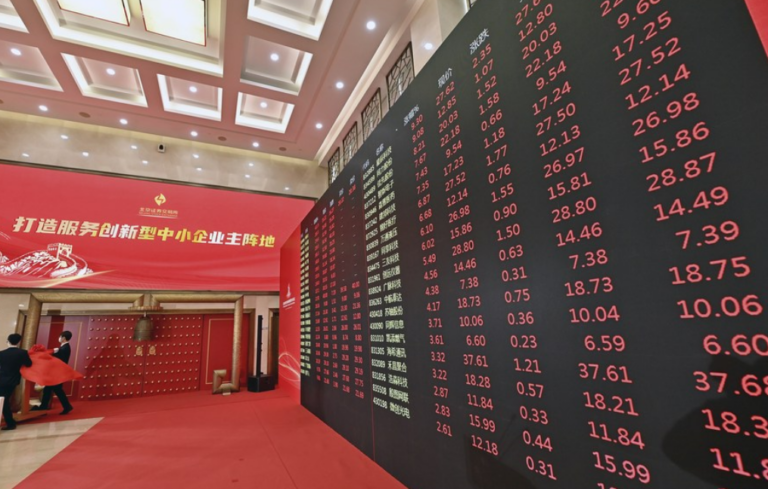It is highly unlikely that China will follow India to become a global outsourcing hub. One of the main constraints is that few of China’s vast number of university graduates are capable of working successfully in the services export sector, and the fast-growing domestic economy absorbs most of those who could. The growing number of multinationals in China, as well as ambitious Chinese companies, are facing a shortage of Chinese-born talent, and this may hinder economic progress in the longer term. China’s pool of potential talent is nevertheless enormous. In 2003, there were around 10 million young professional graduates with up to seven years’ work experience, and an additional 97 million people that would qualify for support-staff positions. The problem is that very few have the necessary skills for service occupations. Indeed, the educational system tends to be biased towards theory rather than practical experience, which is vital in industries such as engineering.
Moreover, Chinese students have a low level of English compared to students in India. Effective managers are also in short supply in China. Management talent generally comes from several sources, including offshoring enterprises that train lower-level workers, industries that produce managers with relevant skills, and expatriates who have worked or studied in countries with developed economies.
However, although multinational companies do currently train and promote managers from entry-level positions, the process is time consuming and costly. Moreover, with levels of FDI so high, multinationals often resort to headhunting between themselves. The problem is exacerbated by the fact that not many middle managers can be hired from Chinese companies; only people employed by very high-performing companies have the skills and cultural attributes needed to work for the multinationals.
A greater source of middle-management talent is the large number of ethnic Chinese who are employed as managers by companies in Hong Kong, Singapore and Taiwan. These people can be recruited to mainland China, but often require better packages, including wages and benefits above what the locals receive, though less than the full expatriate package. Companies need graduates in order to improve their marketing and product development efforts, understand consumer tastes, develop customer service and after-sales service operations, and raise their local financial and accounting standards. In the longer term, China’s economy as a whole needs more such graduates if it is to compete on a global level beyond the basic labour-intensive manufacturing areas in which it is now the global leader.





